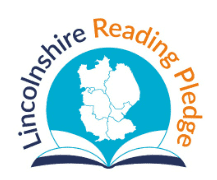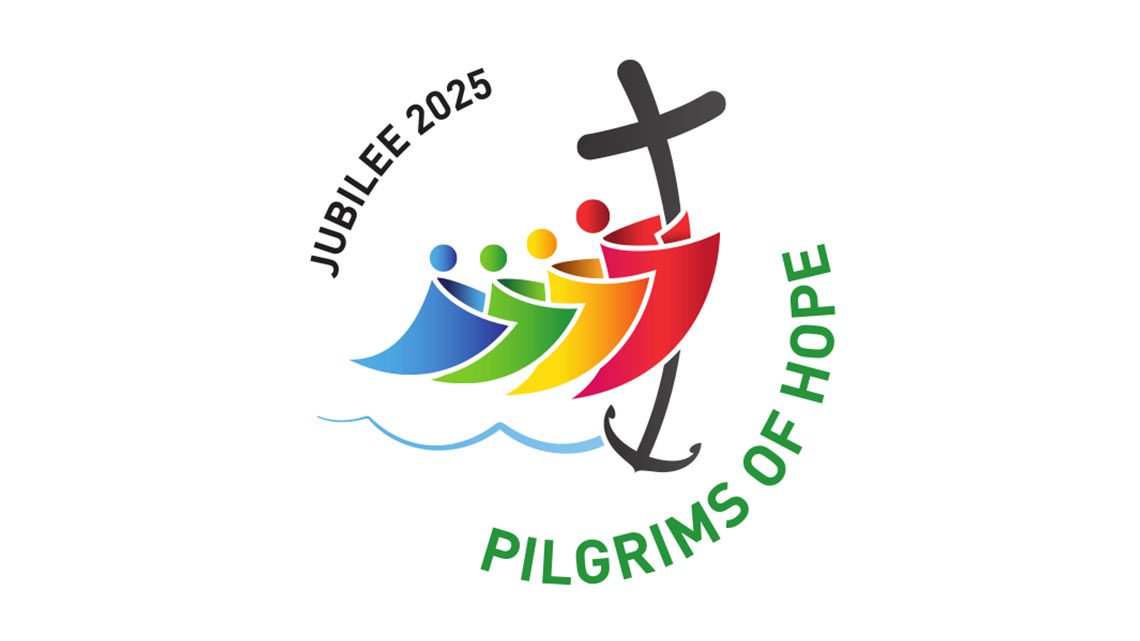Welcome to English at St Augustine’s
The purpose of English is to teach pupils to speak and write fluently so that they can communicate their ideas and emotions to others and through their reading and listening, others can communicate with them.
Click here for: Primary National Curriculum – English
Click here for: Book Genre Map 2024
Click here for: Writing Genre Map 2024
Click here for: EYFS-Y6 Recommended Reading Lists
Click here for: Writing And Book Genre Map 2024
Writing
At St. Augustine’s we believe the ability to write is one of the fundamental skills children will need for lifelong learning. We aim for children to enjoy writing and to understand the purpose of writing, as well as have a good knowledge of the basics of grammar, handwriting, punctuation and sentence construction. Children will have the opportunity to develop their understanding of a range of different writing. They will spend time learning what makes a good piece of writing and will use this to edit and improve their own work. Teaching Staff will allow plenty of opportunities for pupils to develop their ideas in a range of ways. We place a high focus on training children to identify the development needs in their own writing, with support and guidance from the teacher. This enables them to be more reflective learners and develops lifelong writing skills
We learn to master writing to;
– entertain
– inform
– persuade
– discuss
| Writing to entertain | Writing to inform | Writing to persuade | Writing to discuss | |
| EYFS (Interest based) | Develop fine motor skills, mark making Begin to form letters correctly, developing into words and short sentences by the end the year. | |||
| Year 1 & 2 (KS1) | Narratives Description Poetry | Newspapers
Speeches Non-chronological reports |
Letters | Simple newspapers |
| Year 3 | Recount
Diaries Narratives Playscripts |
Non-chronological reports
|
Letters
Adverts Information texts |
Explanation texts
|
| Year 4 | Narrative Description Poetry
Playscripts |
Explanation Biography | Advert Letter Poster | Non-chronological reports Newspaper |
| Year 5 | Narrative Description Poetry | Reports Biography Newspaper | Advertising | Argument Newspaper Review |
| Year 6 | Narrative Description Poetry
Monologues |
Reports Biography Newspaper
Essay |
Advertising Speech Campaign | Develop a speech for a debate |
For details about the specific knowledge and skills taught and expected outcomes please see our whole school Curriculum Plan on main Curriculum Page as a link at the bottom. For each writing purpose this will exemplify for each Key Stage:
- Text types covered
- Text Features
- Sentence Structure
- Punctuation Content
Grammar and Punctuation
We begin our teaching week with specific Grammar and Punctuation lessons. These concepts are revisited daily through retrieval practice at the start of each writing lesson.
Handwriting
Handwriting practice begins in Reception through mark making and continues throughout the year groups to Year Six following the Nelson Handwriting scheme. Children in Year Two begin exploring and using a cursive and joined up approach. (For full details see separate Handwriting and Presentation Policy)
Spelling
Spelling is taught through phonic time in Key Stage One and can be taught during other lessons if appropriate with the focus being on the first 300 high frequency words. This work is supported by homework; however all Year groups are taught the Year group appropriate spelling from the National Curriculum 2014 lists. In Year 2-6 the Spelling Shed Programme is used and weekly sessions taught with key age-related spelling pattern focus. This programme encourages pupils to examine words in letter patterns.
Reading
In terms of reading, we want children to be able to:
- Enjoy reading and see it as a pleasurable leisure activity, as well as a means of following instructions and finding things out.
- Have the reading skills necessary to read a range of text types for pleasure and for information.
National curriculum clearly states that:
‘pupils must be encouraged to read widely across both fiction and non-fiction to develop their knowledge of themselves and the world in which they live, to establish an appreciation and love of reading, and to gain knowledge across the curriculum. Reading widely and often increases pupils’ vocabulary because they encounter words they would rarely hear or use in everyday speech. Reading also feeds pupils’ imagination and opens up a treasure-house of wonder and joy for curious young minds.’
We use the accelerated reader programme to ensure that individual reading books are matched to the child’s ability. This is also a motivational tool as pupils earn points through quizzes. In addition to their accelerated reader book pupils also have a ‘reading for pleasure book’- this may be a fictions or non-fiction book. Pupil progress is regularly assessed through Star Reading tests.
Reading is taught as a whole class. The texts, which reflect a broad range of genres, are chosen deliberately and carefully with the purpose of inspiring and extending pupils’ vocabulary. Texts are used as ‘hook books’ to inspire writing and in some cases broaden knowledge in other curriculum areas.
| Advent | Lent | Pentecost | ||
| EYFS (Interest based) | Stories about friendship and families | Traditional tales | Stories about toys and leisure time.
Poetry |
|
| Year 1 & 2 (KS1) | Stories with patterns and rhythm
Stories based on traditional tales |
Narratives- modern and set in other countries.
Poetry |
Picture books
Narratives and
non-fiction |
|
| Year 3 & 4 (LKS2) | Adventure
Fiction Poetry |
Historical Fiction
Fantasy |
Picture books
Classic Fiction-Archaic language |
|
| Year 5 & 6 (UKS2) | Historical narratives
Modern Fiction |
Myths/legends
Dystopian novels |
Narratives that reflect diversity
Poetry Environmental issues |
Comprehension
We value reading as a crucial life skill. By the time children leave us, they read confidently for meaning and regularly enjoy reading for pleasure. Our readers are equipped with the tools to tackle unfamiliar vocabulary. We encourage our children to see themselves as readers for both pleasure and purpose. We use VIPERS to guide pupils to specific areas of the text but also encourage pupils to enjoy the text as a whole.
Shared Reading happens through the main part of the teaching session.
Fluency Practice is part of our phonics scheme and planned into our Reading practice sessions in Key Stage 1 and is taught explicitly in Key Stage 2 weekly.
Reading at Home
We know how important it is for teachers and parents to work together to give your child the best start. Reading together at home is one of the easiest but most important ways in which you can help your child. As you share books you are helping improve your child’s reading skills and also showing them how important and enjoyable reading is. Children in the Early Years will bring home a book that is closely matched the level of ‘Read Write Inc’ they are working on. Children also have access to a ‘reading for pleasure’ book and an e-book which can be accessed through Oxford Owls.
For those who have finished the phonics programme a fully decodable text or free reader text is sent home, this book matches their level from Accelerated Reader’ alongside a reading for pleasure book.
Click here for: Reading Miles At St. Augustine’s
Class English Intent Plans 2024-2025
Please click below for English Intent Plans by class:









